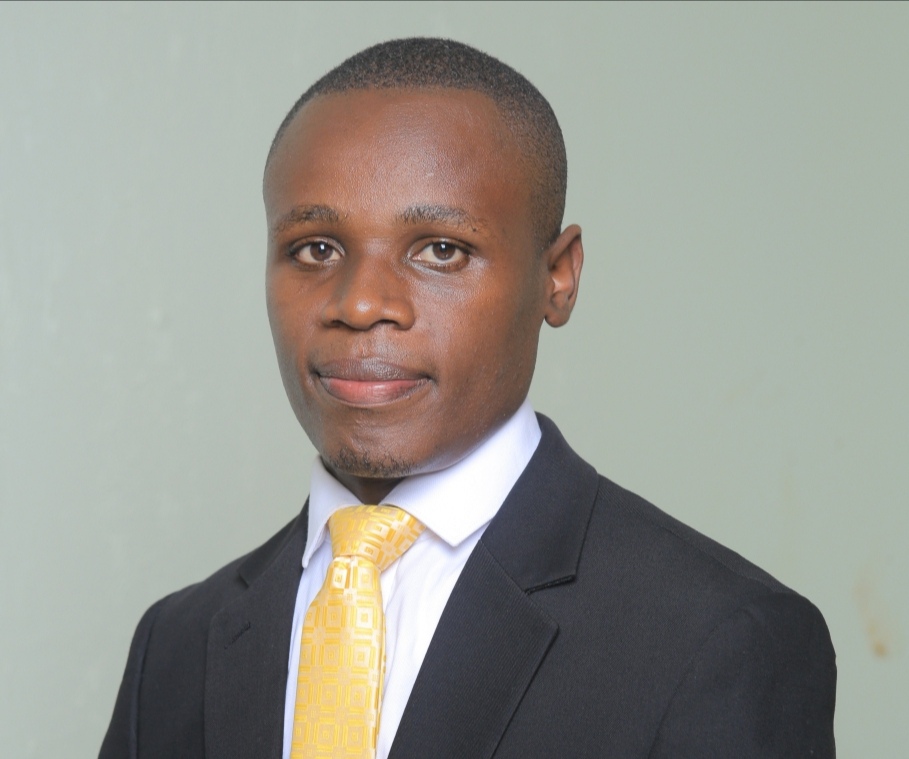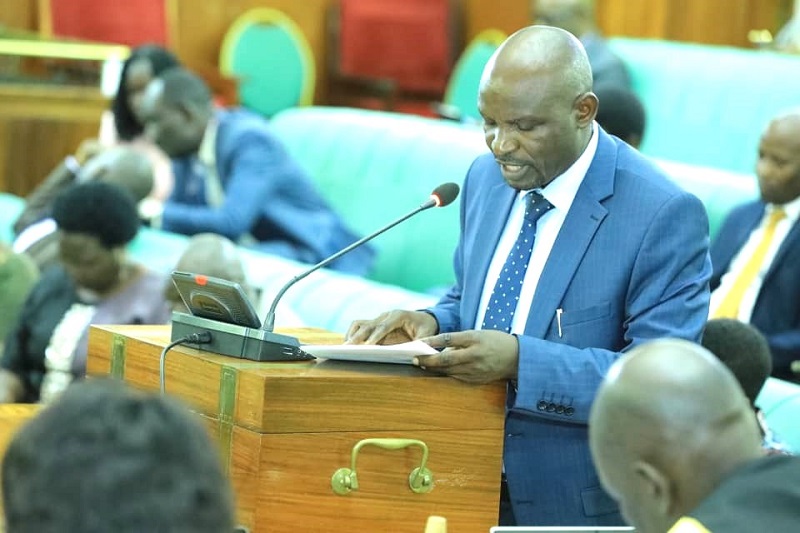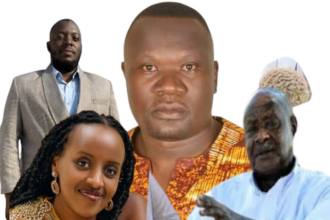On June 6th During the state of the nation address at Kololo independence grounds the President of Uganda assured the nation that he had received evidence that there’s corruption among the politicians and civil servants and went ahead to assure the nation that he was going to crash the corrupt. He actually put a question to the members of parliament if he should give amnesty, and they responded in negative. A few days after his speech, two members of parliament were arrested and charged. The former director of Murago National Hospital was also arrested and later the permanent secretary of the ministry of trade. These ones are still in prison as they wait for the decision of court. The President in recent days replaced the permanent secretary of the Ministry of strade, who is also in prison, accused of embezzling billions of money meant for corporatives. Several newspapers have since then written that different politicians and civil servants are under investigation by police and other anti corruption bodies, and the media has been predicting more arrests in the days to come. Meaning that war against corruption is still fresh and still on.
The President has at the same time appealed to the judiciary on several occasions not give bail to the people who are charged with corruption something that has brought debate among lawyers and other human rights activists arguing that it’s the right of the accused to be given bail. The President, in his wisdom, feels that the culture of giving people bail has failed us in the struggle of fighting corruption. People who commit crime should feel the consequences of their actions, but when we keep playing with them in the name of bail, then we shall not be serious in the war against corruption. I feel even the corrupt think that when they’re arrested, the next day they will be brought to court and given bail, meaning those who arrested them will have done nothing but a simple waste of time and energy. Prison rehabilitates people to change their ways and become better citizens. The lawyers and human rights activists seem to be saying that deal with corruption but don’t cause arrests and if you arrest don’t put them in prison, yet at the same time they want the President to deal with corruption. That’s the kind of confusion we are in. We all believe that harsh decisions must be made if we are to deal with the thieves.
Since the state of the nation address in june this year, there’s no single day that the President has spoken to the nation and he leaves the podium without mentioning something to do with the fight against corruption. It therefore beats my understanding seeing Ugandans, especially the youth deciding to doubt the President’s efforts and rather decided to organize themselves for demonstrations in so-called march to parliament. How do you say that nothing has been done in the fight against corruption, yet we’ve about four members of parliament in prison accused of corruption? What other action did the people who were organizing demonstrations need? I thought any actions to be done in line with fighting corruption must be done in accordance with the law, and that’s why the president insists on getting evidence before any actions are taken. Why don’t we, therefore, give time to the president and allow him to deal with the corrupt? What has failed since the say he declared war on corruption? He actually assured Ugandans that the war on corruption is small and winnable because he fought bigger wars.
The President of Uganda has all it takes to deal with the corruption, and he doesn’t need any further reminder of this bad habit but rather the support of citizens and patience. Why are the youth rushing to the streets instead of waiting to see what the president is going to do? This actually confirms the rumor that those involved could have been bankrolled by the enemies of Uganda who usually take advantage of situations to disrupt the peace and stability that the country has enjoyed for a long time. If our neighboring country Kenya went on streets to oppose what they didn’t support, does it mean that even Ugandans should follow suit? No, we’ve different problems and different ways of solving them. It really looked shabby and disturbing when the youth in Kenya decided to set buildings on fire, this means that they diverted from what took them to streets and no wonder President Ruto later told them that enough was enough. They should leave the streets or be dealt with.
The law gives Ugandans a right to demonstrate, but the same law doesn’t advise those who demonstrate to give time to the authority to work on the issues they raise. It should be common sense of those who organize demonstrations and those who involve themselves to give time to the authority to work on issues they raise. Especially after demonstrations. Some problems can’t be solved in a single day, one must wait for all the procedures to be followed, when citizens demand instant answers then it means that those citizens are pushing for your failure or hatching other ambitions which must be studied and if confirmed to be true, be dealt with because the stability of the country is more important and the peace of other citizens is also important. The security has done a commendable work in as far as dealing with the demonstrators is concerned, we need to applaud them because there was no loss of lives. The enemies of Uganda would have loved to see bullets flying and people losing their lives, which didn’t happen.
The writer is a deputy RDC Sheema District.
Do you have a story in your community or an opinion to share with us: Email us at Submit an Article









